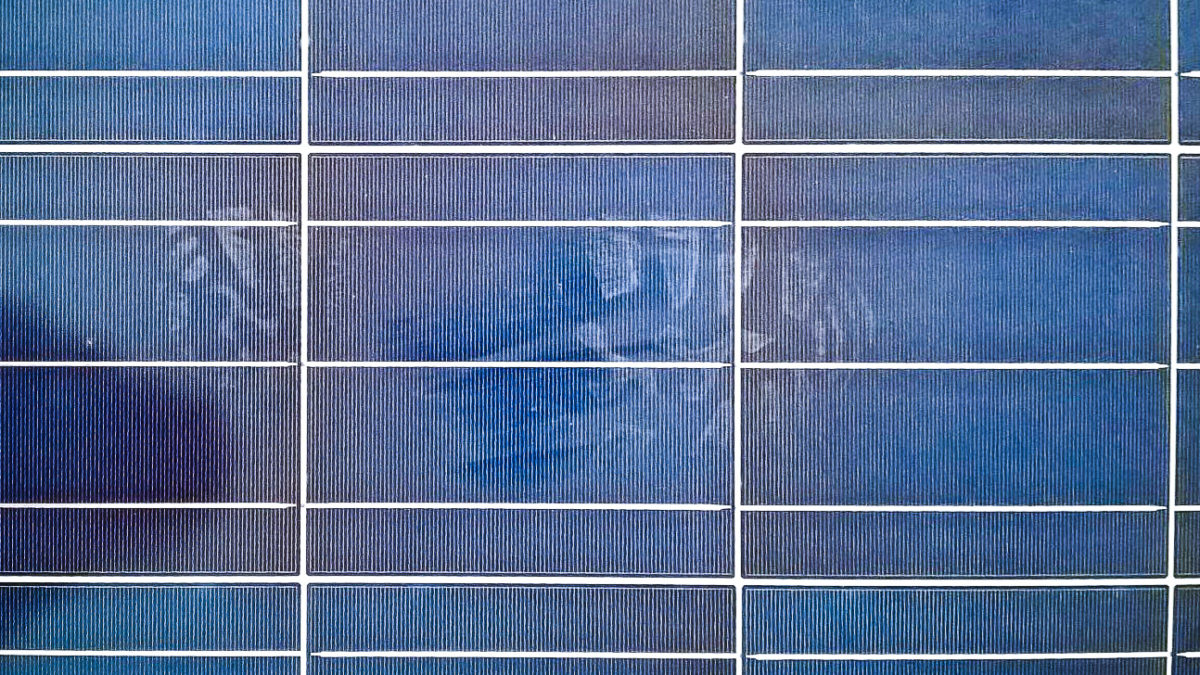According to the European Commission’s Community Research and Development Information Service (CORDIS), a project funded by the EU has successfully developed a glass coating for PV modules which is anti-reflective and anti-soiling.
The project, ‘Solarsharc – A durable self-clean coating for solar panels to improve PV energy generation efficiency’ began in 2017. It is led by London’s South Bank University and has had participation from the French Alternative Energies and Atomic Energy Commission, materials producers Millidyne and Opus Materials, and building integrated PV specialist Onyx Solar.
The coating, according to the project’s website, is an inorganic-organic hybrid which uses silica nano particles in a configuration which combines transparency, water repellency and durability.
Europe’s CORDIS estimates dirt on solar panels causes losses of power generation worth more than €40 billion per year; and could be responsible for more than 100 million tons of carbon dioxide emissions – if fossil fuels are used to cover the lost energy output.
Grant brings coating nearer production
Popular content
The project requested a €2.78 million grant last year, with the aim of bringing the SolarSharc coating technology from prototype level to operational demonstration and certification, and with a supply chain set up to deliver rapid growth. A new report from CORDIS states the product will be launched next year.
A project description on the CORDIS website states: “Commercialization of SolarSharc will develop new revenues for the consortium of €71 million, with profits of €45 million, cumulative, over five years of sales. These sales will increase output from new solar installations by 9,000 GWh, saving 5 million tons of CO² emission.”
Several modules in production already include an anti-reflective coating to boost output, and Dutch materials company DSM is in the process of launching a coating to be applied retroactively to older modules. Anti-soiling coatings are also gaining ground commercially, as project developers gain further understanding of how they can boost project output and keep operations and maintenance costs to a minimum.
This content is protected by copyright and may not be reused. If you want to cooperate with us and would like to reuse some of our content, please contact: editors@pv-magazine.com.



By submitting this form you agree to pv magazine using your data for the purposes of publishing your comment.
Your personal data will only be disclosed or otherwise transmitted to third parties for the purposes of spam filtering or if this is necessary for technical maintenance of the website. Any other transfer to third parties will not take place unless this is justified on the basis of applicable data protection regulations or if pv magazine is legally obliged to do so.
You may revoke this consent at any time with effect for the future, in which case your personal data will be deleted immediately. Otherwise, your data will be deleted if pv magazine has processed your request or the purpose of data storage is fulfilled.
Further information on data privacy can be found in our Data Protection Policy.